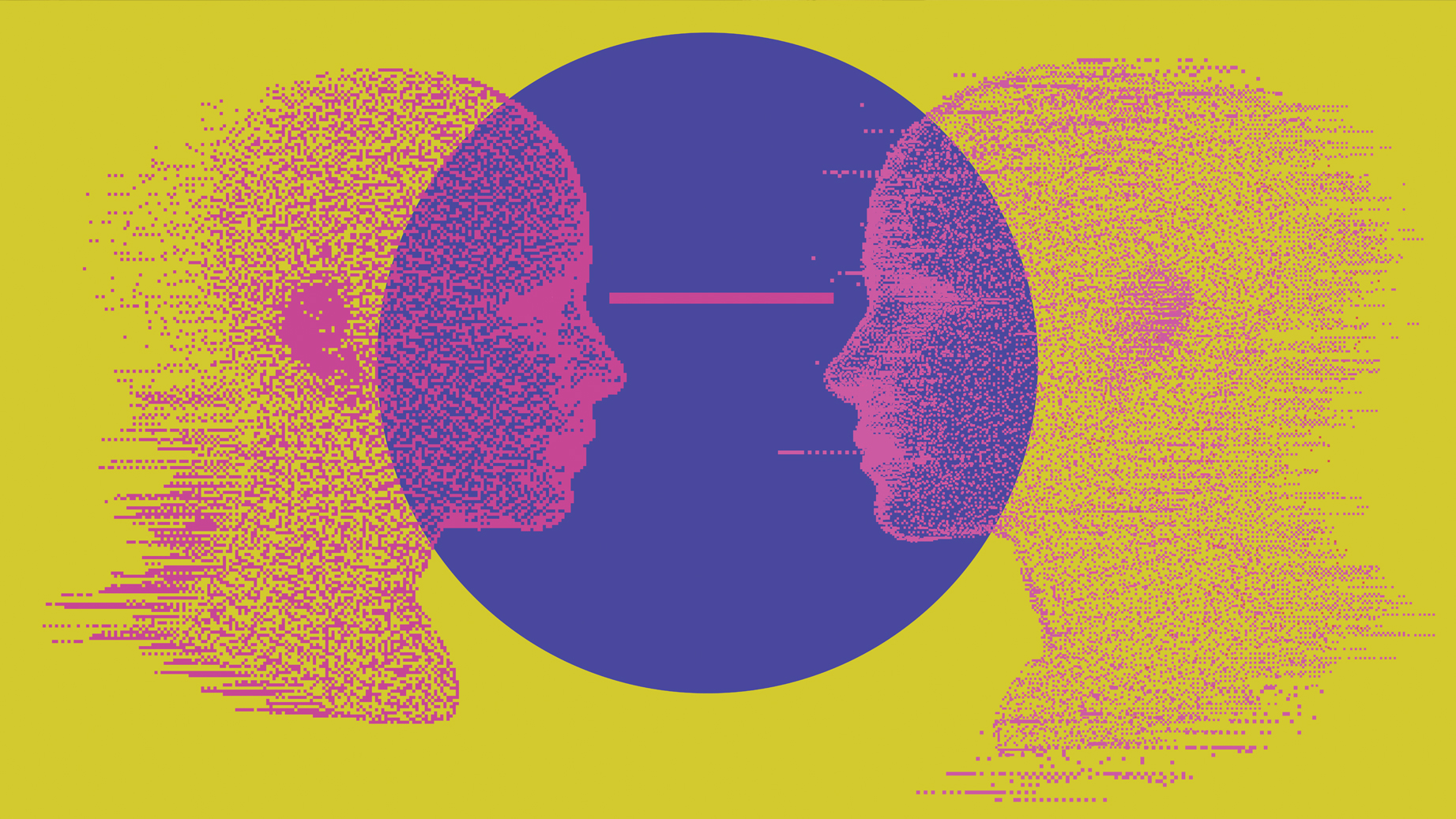Understanding Decentralized Autonomous Organizations
In an era of digital transformation and decentralized technologies, Decentralized Autonomous Organizations (DAOs) have emerged as a revolutionary model of governance and collaboration. A DAO is an entity governed by smart contracts on a blockchain, allowing participants to make decisions collectively without the need for a centralized authority. DAOs represent the next evolution of organizational structure, enabling transparency, security, and democratized decision-making.
How Does a DAO Work?
A DAO operates using smart contracts—self-executing contracts with rules encoded into the blockchain. These smart contracts determine the governance structure, voting mechanisms, and fund allocations within the DAO. Members of the DAO typically hold governance tokens, which allow them to participate in key decision-making processes.
Key Components of a DAO:
- Smart Contracts – Automate governance and enforce rules transparently.
- Governance Tokens – Enable members to vote on proposals and influence decisions.
- Treasury Management – A DAO controls shared funds that are transparently allocated based on collective voting.
- Proposals & Voting – Members propose initiatives, and the community votes on implementation.
- Decentralized Decision-Making – No single authority has control; decisions are driven by consensus.
Benefits of a DAO
DAOs provide significant advantages over traditional organizations, including:
- Transparency – All transactions and decisions are recorded on the blockchain, ensuring full visibility.
- Democratization – Every token holder has a say in governance, making decision-making more inclusive.
- Security – Smart contracts reduce the risk of fraud, corruption, and centralization of power.
- Borderless Collaboration – DAOs enable global participation without geographical restrictions.
- Efficiency – Automated processes minimize bureaucratic inefficiencies and improve operational speed.
Examples of Successful DAOs
- MakerDAO – Governs the DAI stablecoin and facilitates decentralized finance (DeFi) lending.
- Uniswap DAO – Manages the governance and protocol upgrades of the Uniswap decentralized exchange.
- Aave DAO – Oversees Aave’s lending and borrowing platform through community governance.
- Bankless DAO – A community-driven media and education platform promoting decentralization.
- The DAO (2016) – One of the first DAOs, though it suffered a major hack, highlighting security considerations.
Challenges & Considerations
Despite their potential, DAOs face some challenges:
- Regulatory Uncertainty – Many governments are still formulating laws regarding DAOs and decentralized governance.
- Voter Apathy – Many governance token holders do not actively participate in voting.
- Smart Contract Vulnerabilities – Bugs in smart contracts can pose security risks.
- Scalability – Decision-making processes can become slow as DAOs grow in size and complexity.
The Future of DAOs
As blockchain technology evolves, DAOs are poised to revolutionize industries beyond finance, including supply chain management, healthcare, content creation, and philanthropy. With continued development and adoption, DAOs have the potential to reshape how organizations function, making them more transparent, efficient, and community-driven.
Conclusion
A DAO is a groundbreaking concept that empowers individuals to collaborate, govern, and make decisions autonomously without relying on centralized institutions. While challenges remain, the benefits of transparency, security, and decentralization make DAOs a promising model for the future of organizational governance.
As blockchain adoption increases, DAOs will continue to play a crucial role in the decentralized economy, offering a new paradigm for governance, community-driven innovation, and financial inclusivity.
